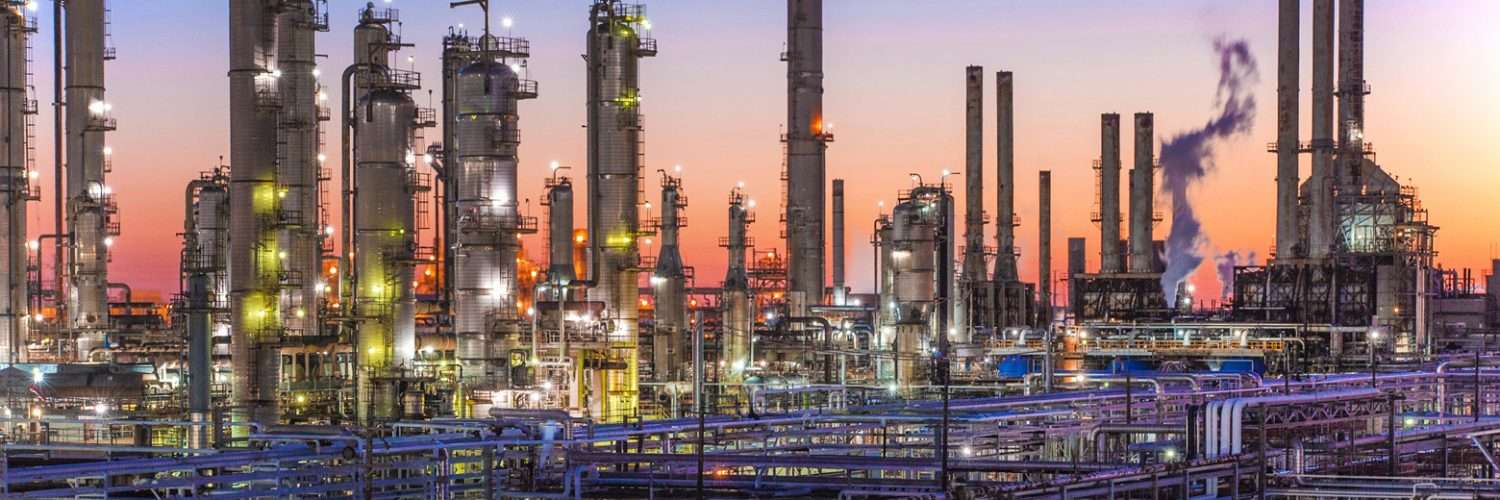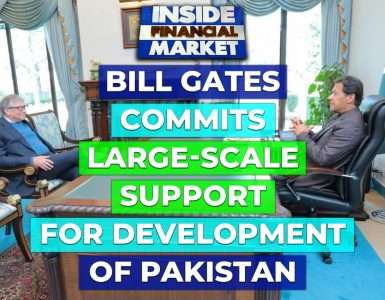The federal government is likely to frame a petrochemical policy aimed at attracting an investment of $ 3 billion in this sector on the same lines as in India and other countries, well-informed sources told Business Recorder.
The Overseas Investors Chamber of Commerce and Industry (OICCI) has written a letter to Prime Minister’s Advisor on Commerce and Investment, Abdul Razak Dawood, in which foreign companies have proposed incentives to support petrochemical industry locally.
A delegation of OICCI has also held a meeting in Islamabad to seek support from the authorities for the petrochemical policy.
There is a need for development of comprehensive petrochemical policy for Pakistan in the following four dimensions: (i) cost competitiveness (duty free imports of equipment, extended tax exemptions for up to 20 years, low cost financing like TERF, low BTU gas at wellhead prices etc); (ii) market volume/access to demand (11 per cent duty on mainstream final petrochemical products currently not produced in Pakistan and maintain duties at January 2021 levels for midstream final petrochemical products currently produced in Pakistan, protection for local industry in FTAs, etc.); and (iii) ease of doing business (simplification and streamlining of processes in the form of one window operations).
The requested support is broadly in line with incentives provided to petrochemicals in other countries such as India, South Korea, Egypt, Brazil, etc.
According to the OICCI’s member companies’ estimate by providing comprehensive policy support, Pakistan can attract investment up to $ 3 billion in the short term, which will improve investment to GDP ratio by 100 bps. In the medium term, these investments will enable the country to achieve import substitution up to $ 800 million per annum, generate employment of 50,000 people and generate additional tax collection amounting to Rs 50 billion per annum.
In the long run, the success of these investments will lay the foundation for large-scale petrochemical investments which will have significant positive impact for the country.
Official sources told Business Recorder that petrochemical industry is categorized in the following segments: (i) upstream products such as Ethane, Propane, Ethylene, Propylene, Styrene, Xylene, etc, which are basic feedstock of engineering plastics are not being manufactured locally due to unavailability of Naphtha cracker in Pakistan and local demand is being met through imports; (ii) Midstream products not manufactured locally: (a) Polyethylene (PE), Acrylonitrile Butadiene Styrene (ABS), etc. Polypropylene (PP) is presently not being manufactured locally but two projects are in pipeline: (b) manufactured locally, Polyvinylchloride (PVC), Polystyrene (PS), Polyethylene Terephthalate (PET), Phthyalic Anhydride (PA), Purified Terephthalic Acid (PTA), Linear Alkyl Benzene Sulfonic Acid (LABSA), Sodium Laurel Ether Sulfate (SLES) and Methanol, etc. The processes of this are injection molding, extrusion etc. Iii Downstream products: Major applications are in construction sector (pipes, doors, windows, etc); auto parts; home appliances; electrical & electronics items; household items; furniture; apparel; packaging; scientific and medical equipment; paint & varnishes and artificial leather etc.










Add comment